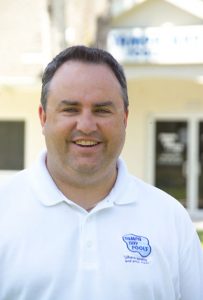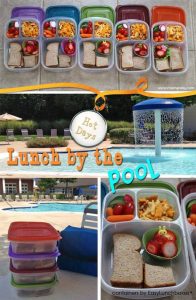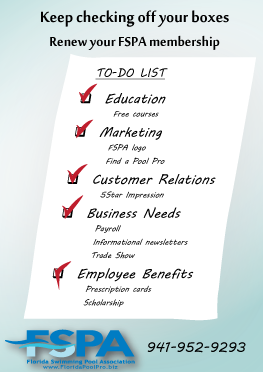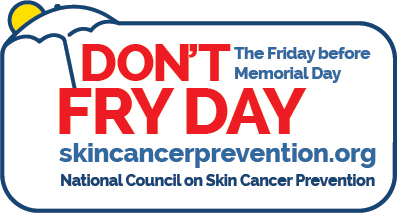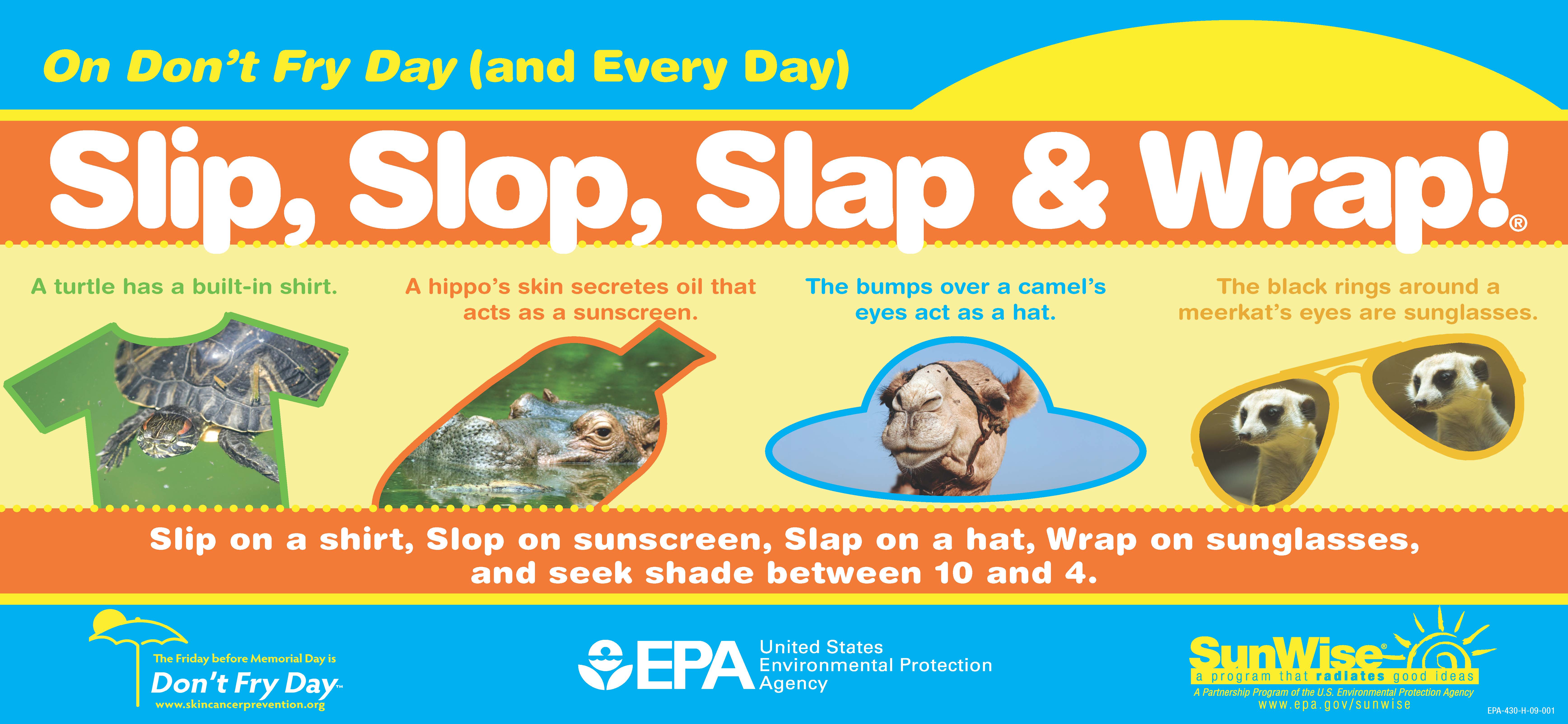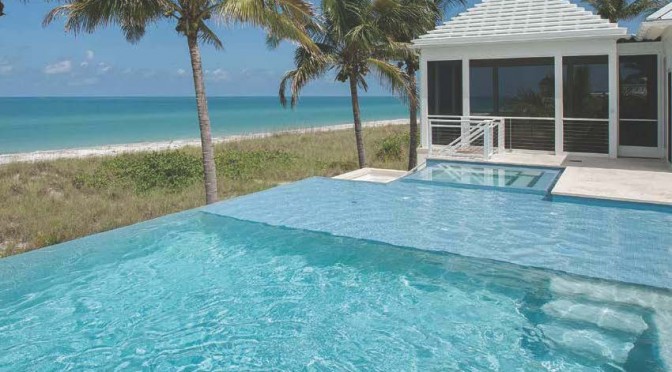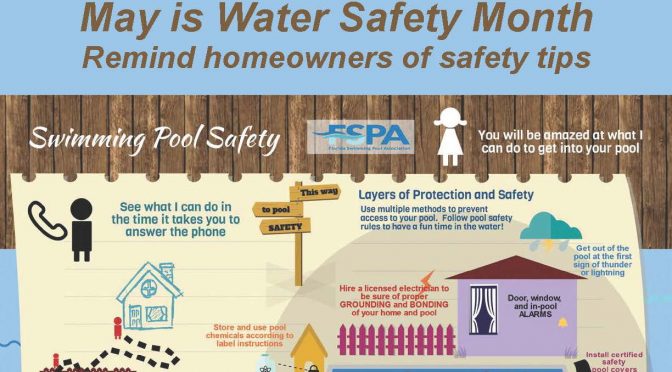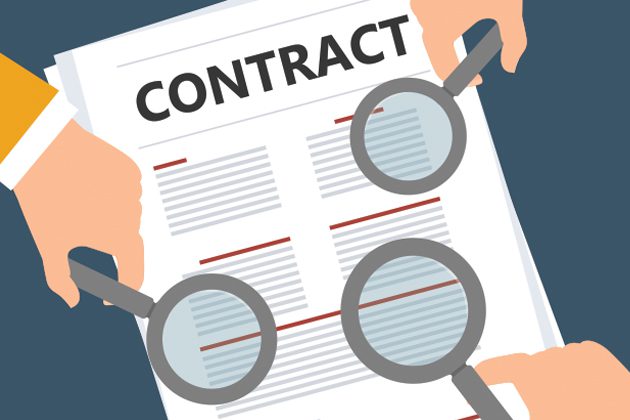Recently about 40 of our dedicated members attended Legislative Days in Tallahassee to meet, talk and mingle with House Representatives and State Senators. Our goal is to educate them on our industry and discuss the current issues we may be facing. This has been successful over the years in developing relationships that can help us with issues if they arise. Unfortunately, due to election cycles and term limits, the players change and we have to create new relationships.
The FSPA government relations consultant, Jennifer Hatfield, has been instrumental over the last decade in gaining a voice for us in Tallahassee. We are now seen as the go-to association for anything concerning pools. She has worked tirelessly in growing our relationships and representing the industry. However, with everything she does, we need to help and pitch in more.
It is time for us to begin using our numbers to protect and promote our industry when it comes to the political process. There are several ways we can accomplish this:
- Donate money to PIPAC (Pool Industry Political Action Committee) — everyone knows money talks. Donating to our PAC or writing a check to a local politician creates access and establishes a relationship. This is the best way to get yourself and FSPA recognized.
- Donate your time to a candidate. Hold signs for them during their campaign. Work in their office stuffing envelopes or whatever they need. This is a great way to get to know the candidate and their staff. Again, it’s about developing a relationship.
- Visit them in their local office. Make an appointment to introduce yourself and tell them what issues are important in our industry. Make them aware of changes we may be looking to make or things we are trying to prevent from happening. We are their constituents and they will make time for you.


